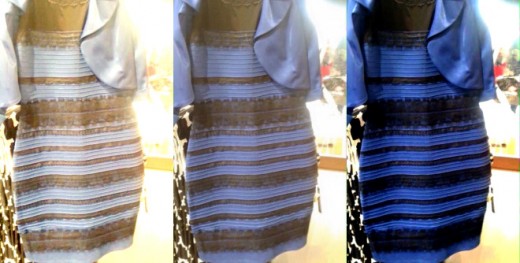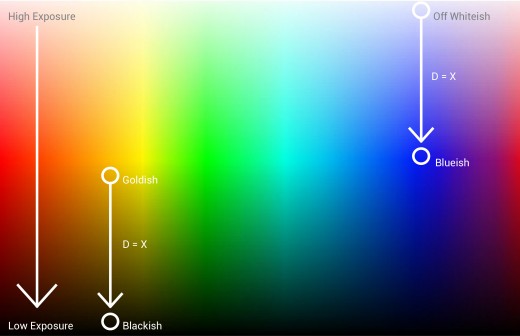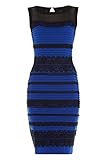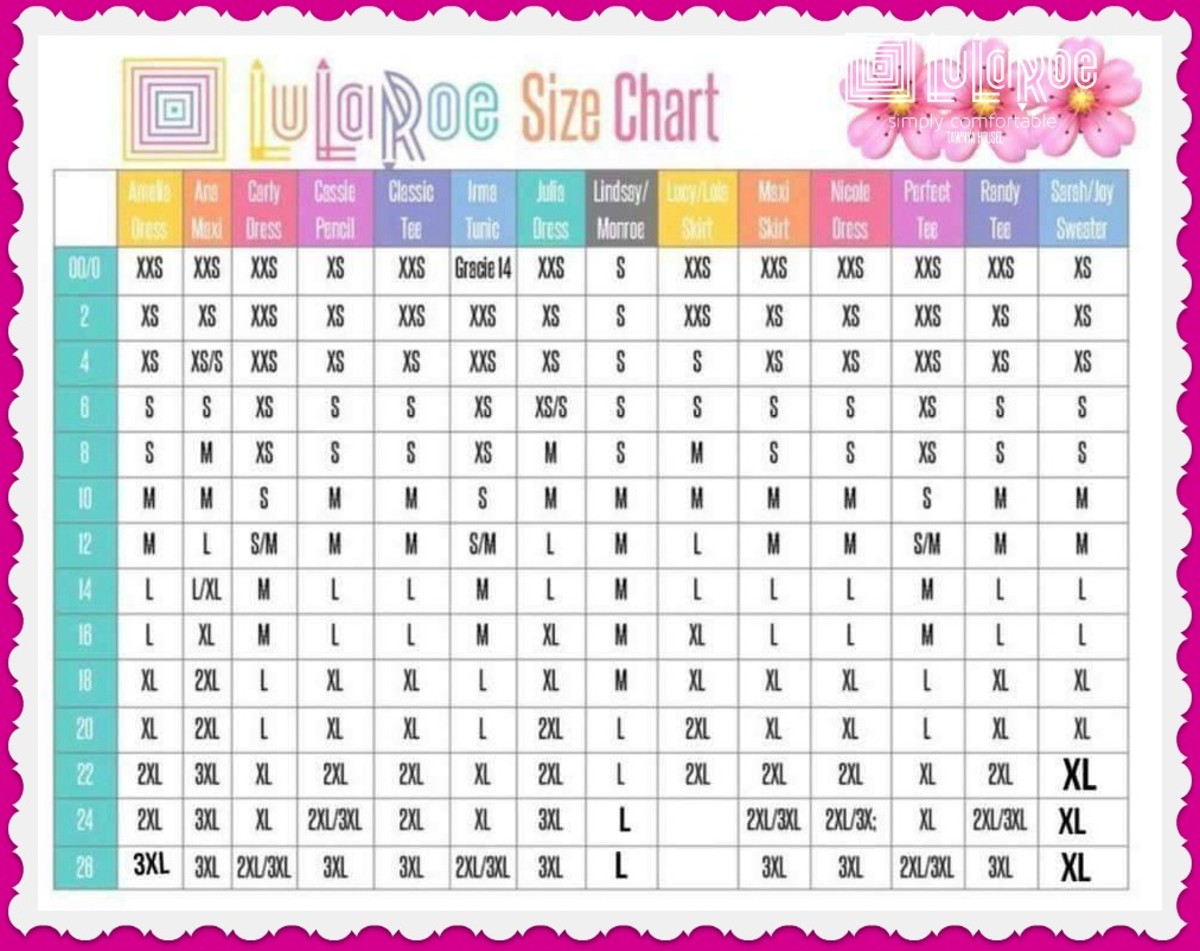- HubPages»
- Fashion and Beauty»
- Clothing»
- Women's Fashion & Clothing Styles»
- Dresses
Dear Internet: stop talking about whether that color changing dress is white and gold or blue and black
Why are people so concerned with this dress?
Apparently, some famous person wore a dress and people are arguing about what color it is. This has, for some reason, made the internet shit its pants. Meanwhile, there is a perfectly reasonable explanation for this phenomenon. As usual, the answer is scientific. People's eyes absorb different amounts of light, which makes the exposure of an image different, even if they are looking at the same screen. Allow me to explain further, using a few visual aids.
OMFG it's magic!!! Right?

So what's happening here?
First off, things do not inherently have a color. Nothing is red, yellow, or blue. Instead, color is our brain's way of telling us what electromagnetic spectra is hitting our eyes. Things do not emit these spectra, but they do dictate which light waves are bounced back at your eye. Please stop acting like the dress definitely is one color or another, because that's just not how stuff works.
What we are seeing is a simple alteration in exposure. As you can see, the goldish color gets darker and more brownish-blackish, and the off-white also gets darker and more blue.
It is seriously that simple. Listen to me... seriously. simple.

I still see the same thing I always saw!
When you're driving, do you ever think you see a cop, then you look and it magically transformed into a regular car? This is because your brain is programmed to feed you what you're already expecting to see. It's an evolutionary by-product of when we needed to look out for predators and stuff. Anyway, back to the point.
Your brain has predefined sets of data that it recalls whenever your eyes see something that meets similar criteria for that object. The truth is, visible light is a continuum. We have defined specific colors, but that doesn't mean actual colors need to fall within these definitions.
Here's where your brain plays a trick: your eyes see a color that is outside what we would call blue, your brain says "meh, close enough" and you decide that this color is blue. Even more interesting, your brain is super stubborn about this definition. If you alter the photo to be more greenish, your brain might be all like, "no, I've seen that grass before... that grass is blue."
This is probably why you are still seeing the dress as the same stupid color.
admit it... this guy made you look.

Bright Screen

Dark Screen

But... my facebook friends think it's the other colors
Different screens are set to different exposures. You are not looking at the same image, even though the image file is the same. Your friends all the way on the other side of the internet are looking at an image that is either lighter or darker. You can test this for yourself.
First, cover everything on your screen except the image of that stupid dress you keep talking about.
Second, turn the exposure all the way up. (OMFG, its looks all white and gold!)
Third, turn the exposure all the way down. (OMFG, it looks all blue and black!)
Finally, tell all of your friends about this so I don't have to hear about it anymore.
Important: make sure you cover everything but the dress or else your eyes will compensate for the changes in the background and you will see the same colors that you did in the first case.
The sun plays a role too

My friends see a different color, looking at the same screen
This is still because they are seeing an image with a different exposure. People's eyes naturally let in different amounts of light, depending on the physical biology of their eyes and how much their pupils are dilated.
An analogy: you and your BFF are at the beach and she's like... wearing these cute sunnies. Then you decide to go in the water and she has to take them off. She is going to complain that the everything is super bright, while your eyes have had time to adjust. You are seeing a darker, less exposed, world than her.
So, let's just let that be the end of that.









